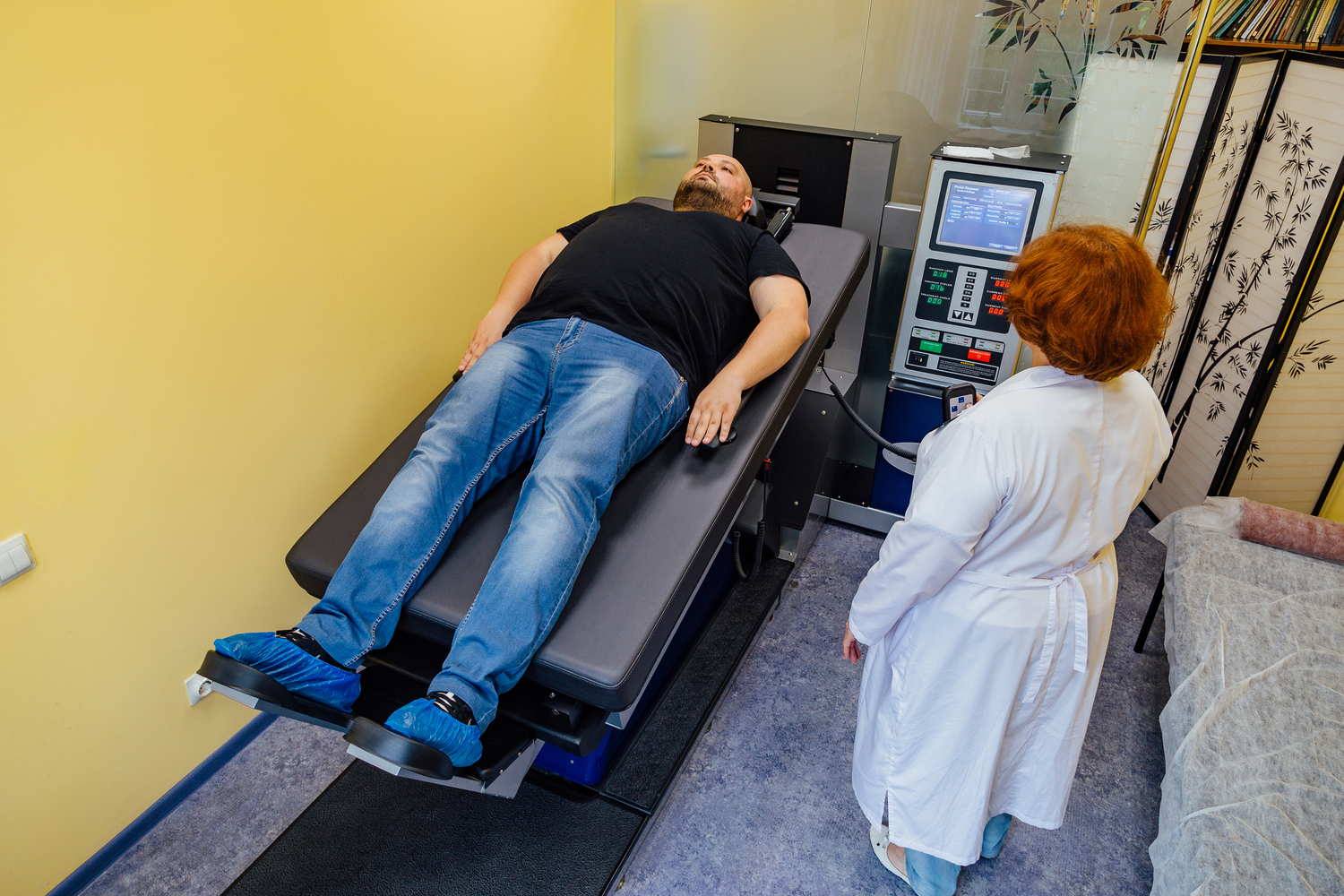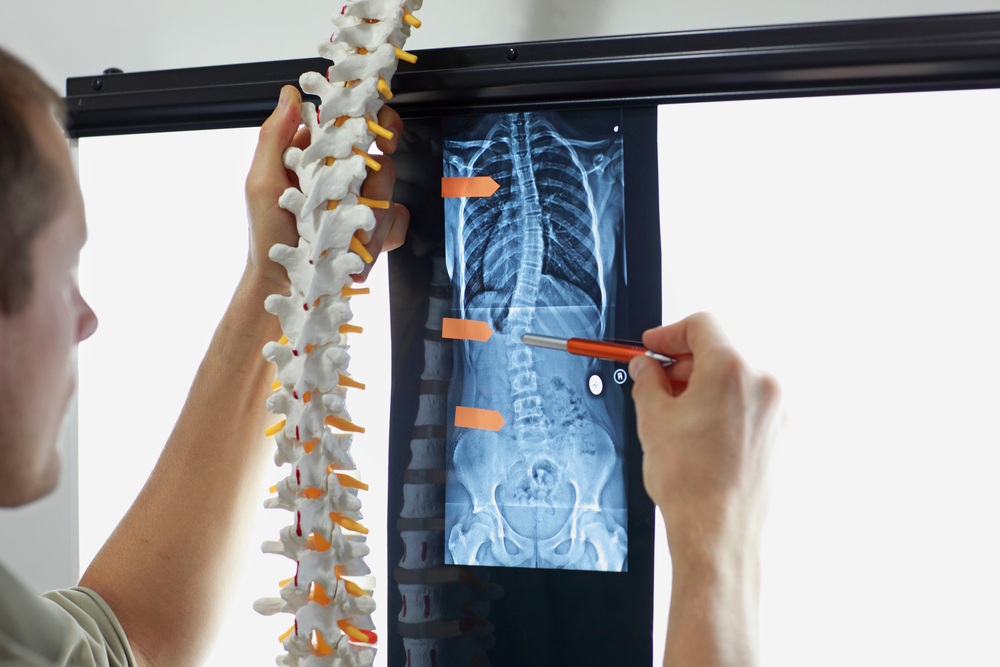Optimal Timing for Treating a Bulging Disc
Learn when to seek treatment for a bulging disc to prevent long-term nerve damage. This guide explains the differences between bulging and herniated discs, symptoms, recovery times, and when surgery might be necessary. Follow recommended precautions to manage symptoms effectively and understand the importance of timely intervention for optimal spinal health.

When is the right time to seek treatment for a bulging disc?
Spinal injuries can be both painful and disruptive, significantly impacting daily activities like standing, sitting, and overall strength. Identifying the severity of your injury early is crucial before choosing a treatment plan.
Distinguishing bulging disc from herniated disc
Both conditions involve disc protrusion beyond the vertebral boundary. However, a bulging disc affects only the tough outer layer, while a herniated disc involves inner soft tissue protrusion and typically causes more pain.
Duration of pain and recovery
In comparison to other disc injuries, pain from a bulging disc generally subsides quicker, usually within around six weeks.
During recovery, weakened torn fibers remain susceptible to further injury, and residual weakness may persist for a few weeks after pain relief.
When is surgery necessary?
If conservative treatments like stretching, exercises, or massages fail to alleviate symptoms, consulting your physician for surgical options is advised.
If symptoms persist beyond six months, medical intervention should be considered.
Precautions to take if you have a bulging disc
Avoid prolonged sitting or standing periods.
Refrain from sitting in chairs that strain your lower back, such as soft or plush seats.
Limit heat application in the initial 48-72 hours after injury.
Maintain proper posture to reduce strain.
Rest is vital for faster recovery.
Importance of timely treatment for a bulging disc
Early intervention helps prevent severe pain and potential nerve damage.
Unchecked disc protrusions may lead to serious complications like nerve impairment or saddle anesthesia, which affects sensation in the back, inner thighs, and rectal region.
Ignoring a bulging disc can cause irrevocable nerve damage and increase the risk of complications. Hence, timely treatment is essential to avoid long-term issues.










